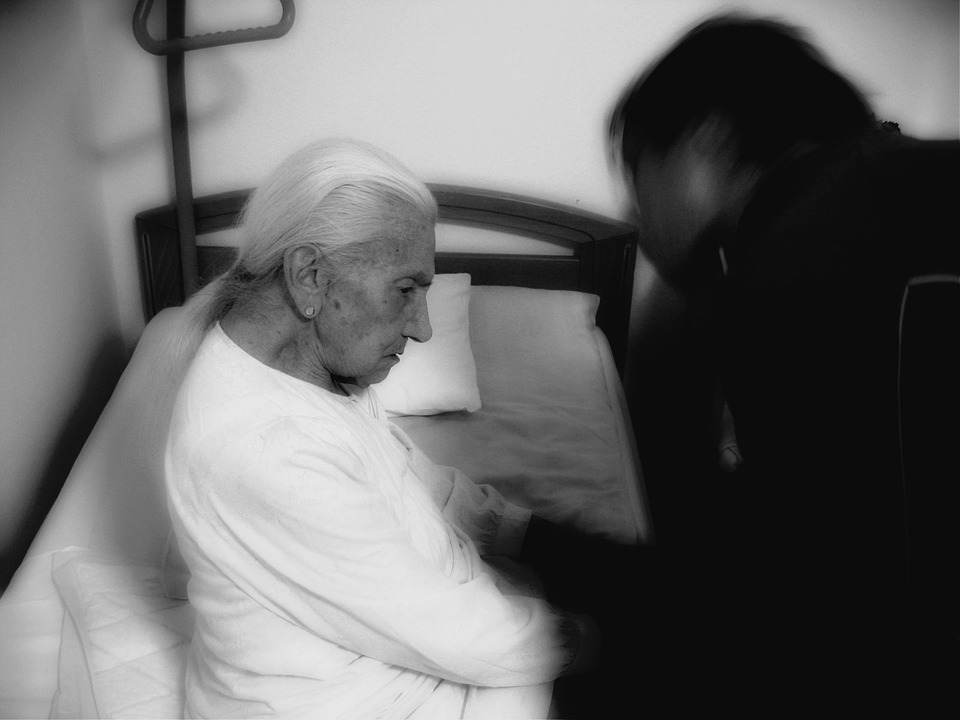Communication with an Alzheimer’s patient is extremely challenging. It damages the diagnosed person’s brain cells, affecting their ability to think and communicate. Since there is evident memory loss, patients tend to forget important yet minor things and this upsets their daily life to a great extent. While the patient is already frustrated and tired of the situation, the caregivers are equally stressed and many times give up on their role. Here are some tips for caregiver’s to follow and will put them at ease while communicating with the Alzheimer’s patient:
Early stages
During the early stages of the disease, the patient is healthy enough to think, communicate, perform and socialize. Since this is the early stage, the strength and weakness of their cognitive skills will vary. They may start forgetting things but overall remain active and independent. At this stage, the caregiver is advised not to make assumptions or make their own diagnosis.
Communicate with the patient directly, not only speak to them but also listen to what they have to say. Ask them how they feel and what do they need as they may forget what they want. While the caregiver is communicating, allow the patient to think and recall. Do not interrupt or be too quick in seeking answers. Give them space to be comfortable in their own skin so that there is a friendly and supportive nurturing.
Middle Stage
This is the longest stage in Alzheimer’s disease and often the most challenging as the symptoms get more evident and frequent. Communication in this stage can get terribly difficult for the patient and the caregiver, therefore, it is recommended that the patient is given sufficient one-on-one time.
Since the patient in this stage is getting more and more forgetful, the caregiver may be required to repeat the sentences and utter words slowly. Response time will certainly be slow here so tolerance and persistence both are essential. You may have to prompt questions in order to know what the patients want or how they feel. If you want them to complete a task, you will have to give them instructions with details or even give them hints to understand. All this will be new for both so don’t indulge in arguments. Appreciate the patient for their efforts and be very gentle in improving them.
Last stage
This is the stage when Alzheimer’s is at its peak. The patient is totally dependent on the caregiver and unable to communicate through words or writing. Most communication in this stage is through non-verbal facial expressions, sounds or pointed out through finger. In this stage, the caregiver must take the lead and initiate conversation to know if the patient requires anything.
You may have to practice the senses again (sight, sound, touch, taste and fee) and encourage the patient to respond through gestures or short words. Many times you will have the gauge the needs through their tone and pitch as well. In this stage, time is the key. The more time you give to the patient, more are the chances they progress steadily.
Some general tips to improve communication
As Alzheimer’s progresses, the patients face difficulty in communication. Their problem can double if the caregiver is not effective and supportive in providing means for effective communication. Here are some general tips for caregivers to follow so that there is an improvement in the progress and life of patients is at ease:
- Maintain eye contact at all stages and ensure that you have warm and gentle facial expressions at all times
- Keep your tone soft, pitch low and body language composed to show the patient that you care
- Do not use code words or baby words assuming they have turned into a baby. This makes them more helpless and they lose motivation.
- Always call the patient by their name to help them recall and familiarize in the future.
- When needed, a hug or gentle touch to the patient will help them release stress. You may also be required to hold the patient’s hand or pat on their shoulder while talking to them.
- Make the communication two-way. Avoid the conversation to be one-sided. Give them time and listen to them. While they speak, nod your head to give affirmation and close the discussion by giving your input.
- Allow patients to contribute to discussions, listen to their opinion and take their decision into consideration. This will build up their confidence.
- If the patient ever gets angry, don’t react in return. Allow them to cool down and vent out their frustration.
- Alzheimer’s patients need to be told one thing multiple times. They may repeat questions, conversations or demand repeated instructions. Do not lose your temper but take this as part of your job.
Conclusion
Taking care of an Alzheimer’s patient is indeed a commendable job and requires a lot of effort. However it is your effort only that brings the patient back into life and helps them live happily. To become a successful caregiver, never give up on reading and research. There are a lot of advancements coming up each day on Alzheimer’s; you must be equipped with all the essential knowledge to handle the patient poise and maturity.
Also, if you are looking for ways on how to keep your Alzheimer’s patient safe, you may choose to use caregiver alarms and pagers. You can read our Guide to Selecting Caregiver Alarms and Pagers for recommendations.

